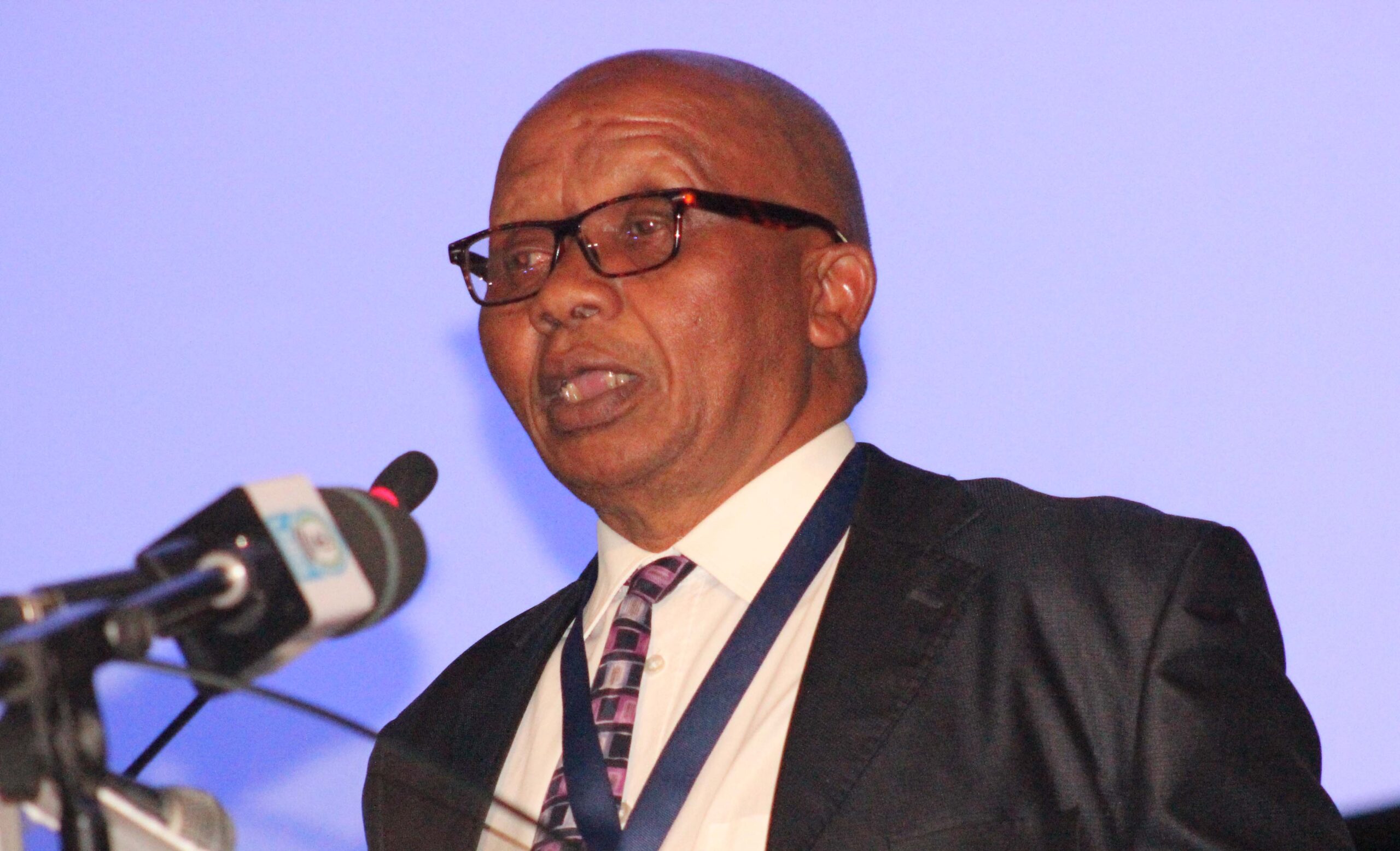Pascalinah Kabi
A SITTING prime minister will in future only be ousted by a minimum two thirds majority vote of all the members of the National Assembly.
This according to a proposal recently submitted to the National Reforms Authority (NRA) by leaders of various political parties.
Established last year, the NRA is tasked with spearheading the implementation of constitutional, security sector, media, judicial and governance reforms which were recommended by SADC in 2016 to achieve lasting peace and stability in Lesotho.
Addressing the media on the reforms progress in Maseru this week, NRA chairperson, Pelele Letsoela, said the authority had received and adopted the political leaders’ proposal for a minimum two thirds majority vote before a prime minister can be removed from office.
Under the current laws, a prime minister can be removed from office by a simple majority. If passed by parliament, the new law would prevent situations where prime ministers live in constant fear of being toppled, Mr Letsoela said.
He said this will enable premiers to effectively discharge their mandates without fear of being removed from office.
“A recent 14th NRA plenary session received and adopted a report from political leaders proposing that a prime minister can only be removed through a two thirds majority parliament vote in the event of a no confidence motion being filed and voted on,” Mr Letsoela said.
“An elected prime minister should not constantly live in fear of being removed without any reasonable excuse. The (proposed) amendment will ensure that a premier is able to freely discharge his mandate,” Mr Letsoela said.
Lesotho’s current laws, which allow prime ministers to be kicked out on the basis of a simple majority vote in parliament, have contributed to endemic instability in the Kingdom.
Since 2012, there have been four short-lived governments as legislators have taken advantage of the laws to oust sitting prime ministers.
Ruling All Basotho Convention (ABC) leader, Thomas Thabane, was the first victim when his three-party administration collapsed in early 2015, barely two years after its inception in 2012. His successor, former Democratic Congress (DC) leader, Pakalitha Mosisili, fared no better. His own seven parties’ regime collapsed on 1 March 2017. This was only two years after its formation.
Mr Thabane returned in the aftermath of the 3 June 2017 elections at the helm of a four-party coalition. However, he again failed to last the distance when his party joined forces with the then opposition DC and other parties to oust him in May 2020.
His place was taken by his former Finance minister and current ABC deputy leader, Moeketsi Majoro.
Just like his predecessors, Dr Majoro is now in the eye of the storm. He is facing a no confidence motion filed by former ABC legislator and cabinet minister Tefo Mapesela.
Mr Mapesela has gone to court to demand that voting on his motion be done by secret ballot after the National Assembly Speaker, Sephiri Motanyane, had ruled that voting be done by a show of hands. While the general consensus is that Dr Majoro has enough support to survive the motion, the extent to which ABC MPs will back him is not assured. Some like former cabinet minister Chalane Phori have already indicated they would support Dr Majoro’s ouster.
Last week, ABC spokesperson Montoeli Masoetsa told the Lesotho Times that Mr Thabane and other national executive committee (NEC) were considering unspecified action against Dr Majoro for repeatedly snubbing them when it came to making executive appointments in government.
He said the ABC’s NEC was on the verge of writing circulars to the party’s constituency committees detailing the premier’s alleged transgressions and requesting them to give them “guidance” on what measures to take against him.
Dr Majoro’s press attaché, Buta Moseme, defended the premier, saying he alone had the prerogative to make executive appointments.
It remains to be seen what “guidance” or disciplinary measures the constituency committees will recommend against Dr Majoro. Ultimately, it is only the legislators who can oust Dr Majoro by passing a no confidence vote against him in parliament.
Due to opposition within the ABC ranks, Dr Majoro will require the support of other parties to survive Mr Mapesela’s motion when it is eventually brought to vote under the current laws.


